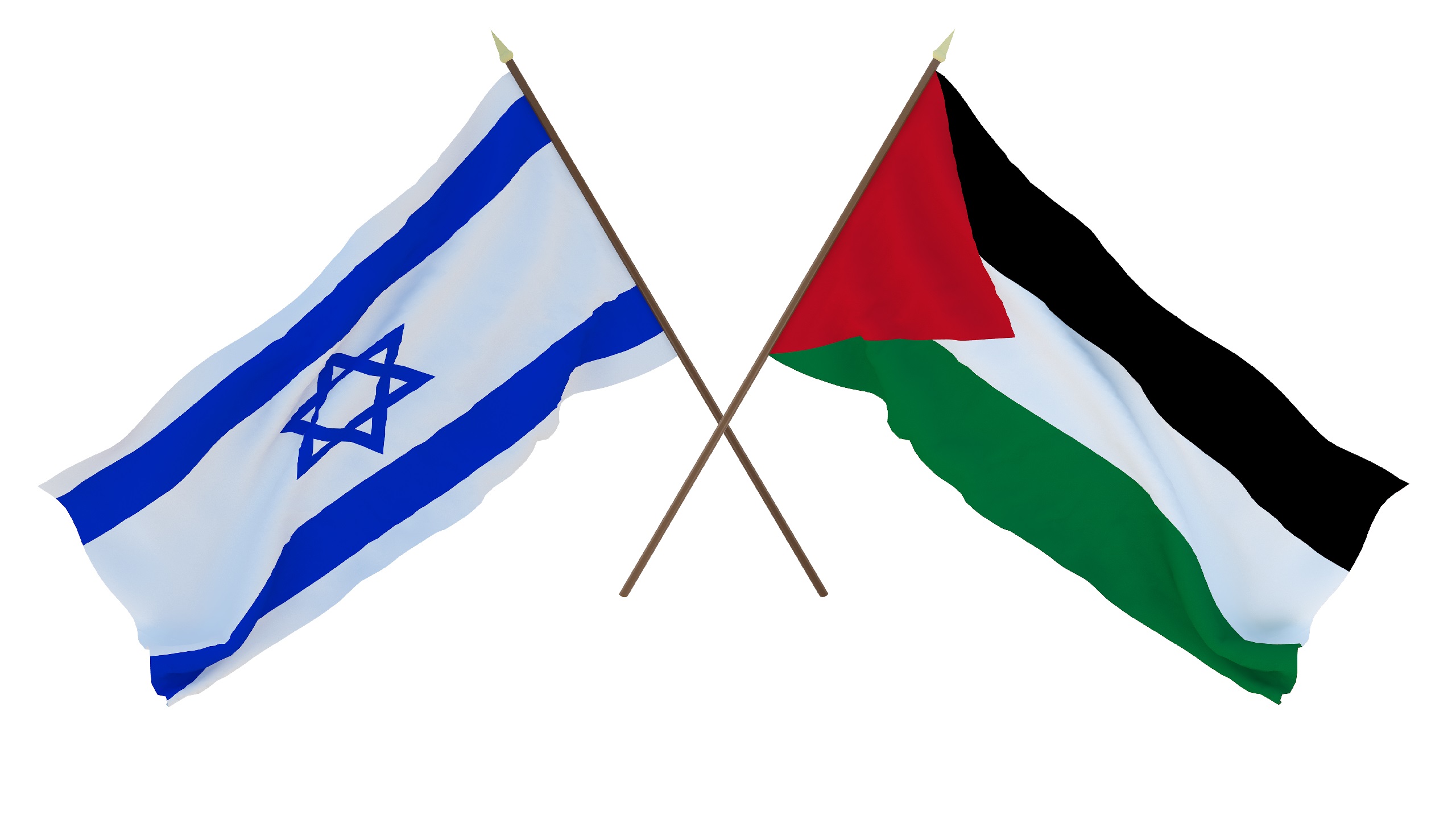The Palestinian and Israeli ‘Question’
Asharq Al-Awsat, London, September 13
The “Palestinian question” is an expression most often heard in international forums. What we don’t often hear of is the “Israeli question,” because in most cases, and especially since the 19th century, it has been referred to as the “Jewish question”—an expression that almost disappeared from global political literature after the establishment of the State of Israel. Israel and the Jews then monopolized the Semitic origins of the Jews and denied them to anyone else who claimed descent from Shem, Noah’s son. The word “question” in this context implies not a question requiring an answer, but a dilemma needing a solution. Nowadays, much attention is given to the Palestinian-Israeli conflict. Leaders, scholarly research, and articles in newspapers often recommend normalizing Arab relations with Israel as a way to solve the conflict. Indeed, the conflict has become an integral part of international political discussion, with leaders, think tanks, and the press all claiming that improved relations between Arabs and Israelis are the key to a resolution. This aligns with what we have previously discussed regarding the “Saudi moment” and the kingdom’s involvement with the Arab world’s normalization of ties with Israel. The call here is clear: The world has changed drastically, and so have the solutions needed for achieving lasting peace and stability in the Middle East. Replicating old approaches will not contribute toward that goal. It is paramount for all the countries in the region to embrace radical reforms and to adapt their societies to the reality of the 21st century. Moreover, the Arab-Israeli conflict can no longer be viewed in a dualistic manner, relying merely on geography or demography. Between the Jordan River and the Mediterranean Sea, a community of 13 million people are living together, half of which are Arabs, the other half Jews. Consequently, any plan for peace must take into consideration the needs of all parties, both Arab and Jewish, living in this area. Palestinians have been unable to form a state due to the occupation and internal divisions between the Gaza Strip and the West Bank. Each region is independent and holds its own relations with foreign entities, including Israel. In contrast, Israel has achieved a significant feat in bringing together Jewish communities from across the world in one homeland. However, contemporary societies of both states have been sorting themselves along civil and religious lines, with some adopting extremist religious beliefs. Groups such as Hamas and Islamic Jihad are not far removed from the “Jewish Power” parties led by Itamar Ben-Gvir and Bezalel Smotrich. Neither side appears to be in pursuit of a solution to the Israeli-Palestinian conflict. Instead, they are bent on subverting any prospect of reconciliation that might emerge from negotiations. This is evident in their use of violence and their refusal to recognize their opponents’ existence. The progress made in the past 30 years has been undermined by the radical colonization of Jerusalem and the West Bank’s Area C, as well as the perpetual oppression of Palestinians in the West Bank, Gaza, and within Israel in the form of an apartheid system. The “Gaza wars” over the last twenty years have facilitated the rise of extreme factions on both sides by providing them with political support in elections. The truth is that the Kingdom of Saudi Arabia is striving for peace between the Palestinian and Israeli sides. By sending an ambassador to the Palestinian Authority and providing financial aid to the Palestinian people, Saudi Arabia is expressing its commitment to the international and Arab consensus: that the Palestine Liberation Organization is the sole legitimate representative of the Palestinian people, and the Palestinian Authority is the holder of such authority in practice. The kingdom’s generous hajj travel policy for Palestinians living in Israel, as well as other diplomatic gestures, were meant to send a message to the Israeli side. However, the gesture was not received well by religious groups in power, thus creating tension. To build upon this political dialogue and strengthen the Palestinian Authority, Saudi Arabia must make concrete efforts, such as pressuring Israel to release Palestinian detainees, particularly Marwan Barghouti, and requiring the Israeli government to accept the two-state solution. Such steps will be key to ensuring that upcoming elections produce leaders who reject violence and prioritize peace and unity. —Abdel Moneim Saeed (translated by Asaf Zilberfarb)
Give the gift of hope
We practice what we preach:
accurate, fearless journalism. But we can't do it alone.
- On the ground in Gaza, Syria, Israel, Egypt, Pakistan, and more
- Our program trained more than 100 journalists
- Calling out fake news and reporting real facts
- On the ground in Gaza, Syria, Israel, Egypt, Pakistan, and more
- Our program trained more than 100 journalists
- Calling out fake news and reporting real facts



